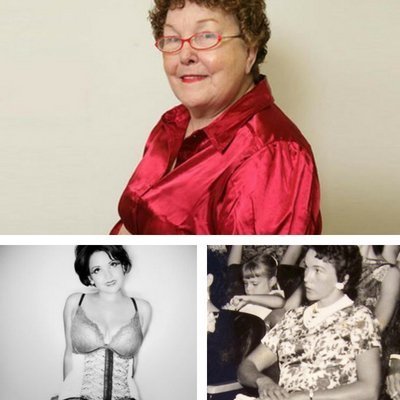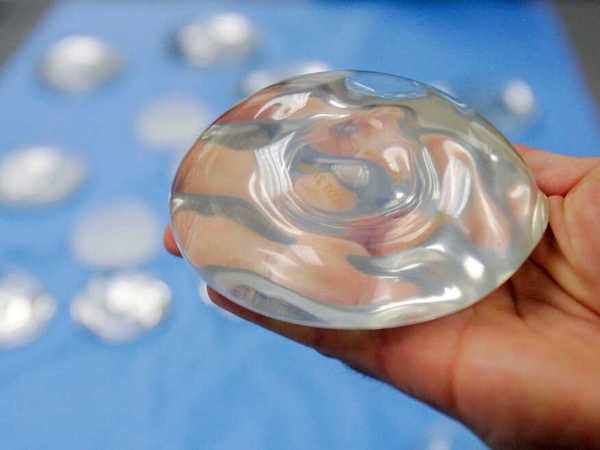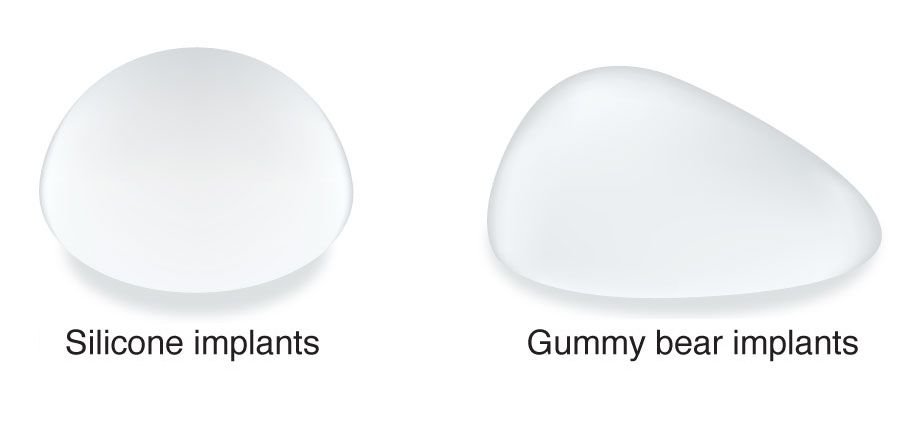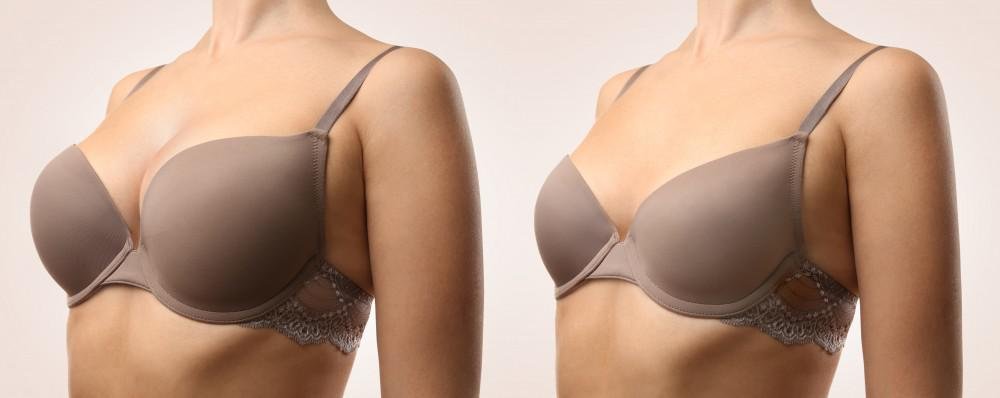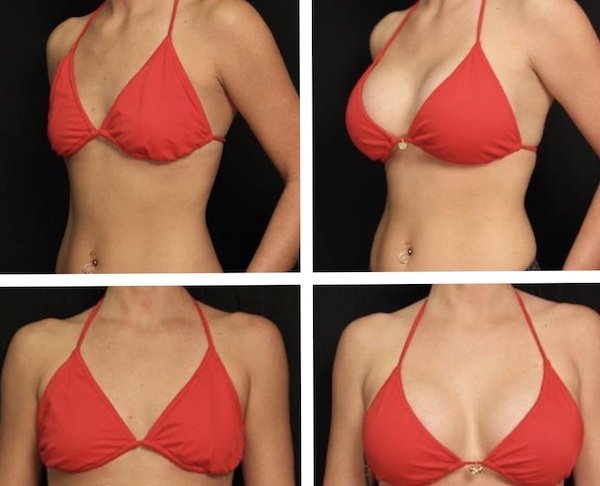Who Invented Breast Augmentation?
Lights, camera, scalpel! Welcome to a voyage through time where vanity takes a new form, and surgeons become artists. Breast augmentation, known to many as the 'boob job', is a surgical procedure that has changed the game of physical beauty. But who do we credit for this groundbreaking invention? Let's take a peek behind the surgical curtain.
The birth of breast augmentation traces back to the late 19th century, but the practice really got into its stride in the 20th century. The first recorded attempt at breast augmentation surgery was by a Viennese doctor named Vincenz Czerny in 1895. Czerny transferred a benign lipoma (a fatty lump) from a patient's hip to her breast to correct asymmetry after he had removed a tumor. Inventive? Yes. Ideal? Not so much.
Between the pioneering work of Vincenz Czerny in 1895 and the silicone revolution by Cronin and Gerow in 1962, there were several attempts to enhance the female bust. However, most were far from ideal. Surgeons experimented with a range of materials for breast augmentation, including paraffin, glass balls, ivory, and even ox cartilage. The 1950s saw the introduction of injections directly into the breast, with substances like silicone and polyvinyl. Unfortunately, these methods often led to disastrous results, such as hardening, lumps, and infections. This trial and error period highlighted the need for safer, more effective methods, eventually paving the way for the silicone implants of the 1960s.
Fast forward to the 1960s, when American plastic surgeons Thomas Cronin and Frank Gerow developed the first silicone breast implant with the Dow Corning Corporation. The first woman to have silicone implants was Timmie Jean Lindsey in 1962. The aim wasn't initially for larger breasts, but rather to correct a few chest wall deformities and lift her natural breast contour. However, she ended up opting for larger breasts on the surgeons' suggestion, and thus began the era of the modern 'boob job'.
The silicone implants, despite their initial success, soon faced significant controversy. The major concern revolved around the issue of implant rupture and silicone leakage. In the 1980s and 90s, lawsuits started piling up against implant manufacturers, claiming that the silicone leaks were causing autoimmune diseases and other health problems. This led to a fourteen-year FDA ban on silicone implants for cosmetic use, starting in 1992. The ban lifted in 2006 when studies found no link between the implants and diseases. However, this period of intense scrutiny prompted the development of safer alternatives like saline and 'gummy bear' implants.
In the following decades, the procedure saw a myriad of innovations. Saline implants made their debut in the 1960s, offering a safer alternative if the implant ruptured. Cohesive gel silicone implants, also known as 'gummy bear' implants due to their consistency, came into existence in the 2000s, providing a more natural shape and feel.
It's important to note, however, that the history of breast augmentation has not been without its controversies, scandals, and health scares. From silicone leaks to links with autoimmune diseases, breast implants have had their fair share of scrutiny. Yet, despite these challenges, breast augmentation remains one of the most popular cosmetic surgeries worldwide.
When it comes to natural breast sizes around the world, studies show quite a bit of variance. Countries in Northern Europe, like Finland, Norway, and Sweden, typically top the charts for the largest average breast size. Meanwhile, countries in Asia, such as China and Indonesia, often report smaller average breast sizes. However, it's essential to remember that these are averages, and there's a wide range of sizes in every country.
The trend of breast augmentation also varies significantly worldwide. As per the International Society of Aesthetic Plastic Surgery, the United States leads the pack in the number of breast augmentation surgeries performed per year. South Korea, despite its smaller population, also stands out with a high number of procedures per capita, mainly due to its booming cosmetic surgery industry. On the other hand, countries like Japan and India have lower rates of breast augmentation surgeries. These trends are influenced by a multitude of factors, including societal beauty standards, economic prosperity, and cultural acceptance of cosmetic procedures.
From Czerny's pioneering attempt to Cronin and Gerow's silicone revolution, the journey of breast augmentation is a testament to our ever-evolving pursuit of physical perfection. These medical marvels have not only transformed our bodies, but also our perceptions of beauty, femininity, and self-confidence. So, whether it's for aesthetic pleasure or post-mastectomy reconstruction, let's raise a 'boob-shaped' pillow to these trailblazers of breast augmentation!



